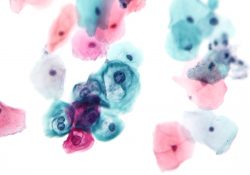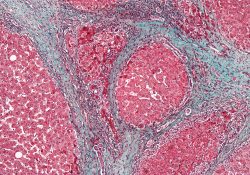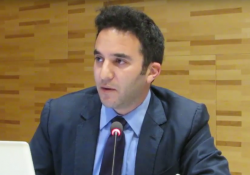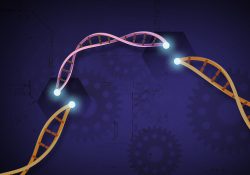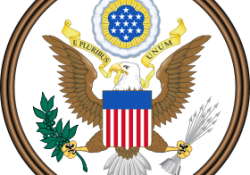(More on government funded inventions here. Other KEI comments on NIH licenses are found here.) On June 5, 2017, KEI provided comments to the NIH/NCI, on a prospective grant of an exclusive license to PathoVax, relating to HPV vaccines. On July 10,… Continue Reading →
(More on government funded inventions here. Other KEI comments on NIH licenses are found here.) This was our comment on the license. See below for the June 8, 2017 NIH response, rejecting our requests for changes to the license to address pricing… Continue Reading →
(More on government funded inventions here. Other KEI comments on NIH licenses are found here.) On May 31, 2017, we sent the following comment to the NIH regarding the proposed exclusive license on certain patents for cancer treatment to GeneXion Oncology. May 31,… Continue Reading →
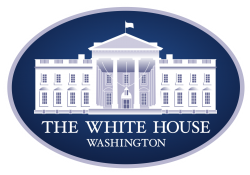
4 APRIL 2017
FOR IMMEDIATE RELEASE
CONTACT: Zack Struver, zack.struver@keionline.org or +1 (202) 332-2670
In a letter sent today, Representative Lloyd Doggett, D-Texas, and 50 other democratic members of Congress requested that President Donald J. Trump issue guidance for the use of Bayh-Dole Act march-in rights in order to protect taxpayer’s rights in federally-funded patented inventions.
The following statement should be attributed to James Love, Director of Knowledge Ecology International (KEI):
“The letter from members of Congress on the need to protect taxpayer’s rights in the inventions they fund is important, timely, and directly related to the challenge of providing affordable health care to everyone. Federally-funded inventions are now routinely placed on the market at extremely high prices. Astellas charges more than $350 per day for the prostate cancer drug Xtandi, and BioGen is charging $1.125 million for the first two years of Spinraza, which is used to treat spinal muscular atrophy in mostly young children. The notion that the federal government will not engage on the pricing of these products runs counter to the explicit provisions in the Bayh-Dole Act that require inventions be made ‘available to the public on reasonable terms.’ The President can curb high prices for these drugs without new legislation, and without putting patients at risk.”
KEI filed the most recent march-in request with the federal government on the prostate cancer drug Xtandi.
The letter is available as a PDF here and below in plain text.
Representative Doggett’s office issued the following press release: https://doggett.house.gov/media-center/press-releases/congressional-democrats-trump-we-re-calling-your-hand-lower-prescription
Continue Reading →
James Love and Andrew Goldman represented KEI on March 16, 2017, in a working group meeting of a subcommittee of the Maryland General Assembly House of Delegates Health & Government Operations Committee, where they testified on HB666/SB437, a bill that would establish transparency of R&D costs for prescription drugs sold in Maryland.
Vincent DeMarco of at Health Care for All! and Dr. Reshma Ramachandran of the Johns Hopkins Bloomberg School of Public Health also testified at the hearing.
Continue Reading →
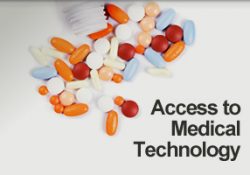
The Department of Health and Human Services Office of Inspector General (OIG) informed KEI that it would not move forward with an investigation into whether Isis Pharmaceuticals, now known as Ionis Pharmaceuticals, failed to report federal funding in patents on Spinraza.
In a letter dated March 13, 2017, Matthew Charette, the Special Agent in Charge of the Investigations Branch of OIG, explained that OIG counsel believes that OIG has limited authority, and that the obligation to “monitor[] invention reporting and remedy[] noncompliance” “rests with NIH’s Office of Policy for Extramural Research Administration (OPERA).”
On January 18, 2017, KEI submitted a 22-page letter to OIG containing evidence that the patents on Spinraza benefited from federal grants. KEI did not just ask OIG to investigate Isis’ alleged failure to report this funding, in violation of the Bayh-Dole Act and federal regulations, but also urged the OIG “to investigate whether the National Institutes of Health failed to conduct proper oversight in administering its grants” and to “recommend appropriate action to remedy the situation in line with the statute and prior decisions with regard to failure to disclose a subject invention.”
Continue Reading →
February 15, 2017, the USPTO ruled that 12 genome-editing CRISPR-Cas9 patents and one patent application assigned to the Broad Institute of Harvard and MIT did not interfere with a patent application from scientists at the University of California. A copy of the ruling is available here.
Following the ruling by the USPTO that the Broad Institute and the University of California both issued statements, as did several firms with an interest in the dispute.
Bayh-Dole Act and difference between March-In Rights and the world wide royalty free rights in patents KEI Briefing Note 2017:1 When the United States federal government funds research that results in patents, it obtains rights, either directly or through contracts,… Continue Reading →
Context and history, and areas of current work. Bayh-Dole timeline Timeline regarding Bayh-Dole march-in right requests Timeline regarding Bayh-Dole royalty-free requests Bayh-Dole Act confidentiality provisions timeline Licensing NIH owned patents and data, including KEI comments on proposed exclusive licenses, 2015… Continue Reading →
KEI has asked the DHHS Office of Inspector General (OIG) to investigate a failure to disclose federal funding of patents on nusinersen, a drug developed by Ionis Pharmaceuticals (formerly known as Isis Pharmacetuicals) with BioGen, and sold under the trade name Spinraza.
A copy of the 22 page letter to OIG is available here.
Continue Reading →
